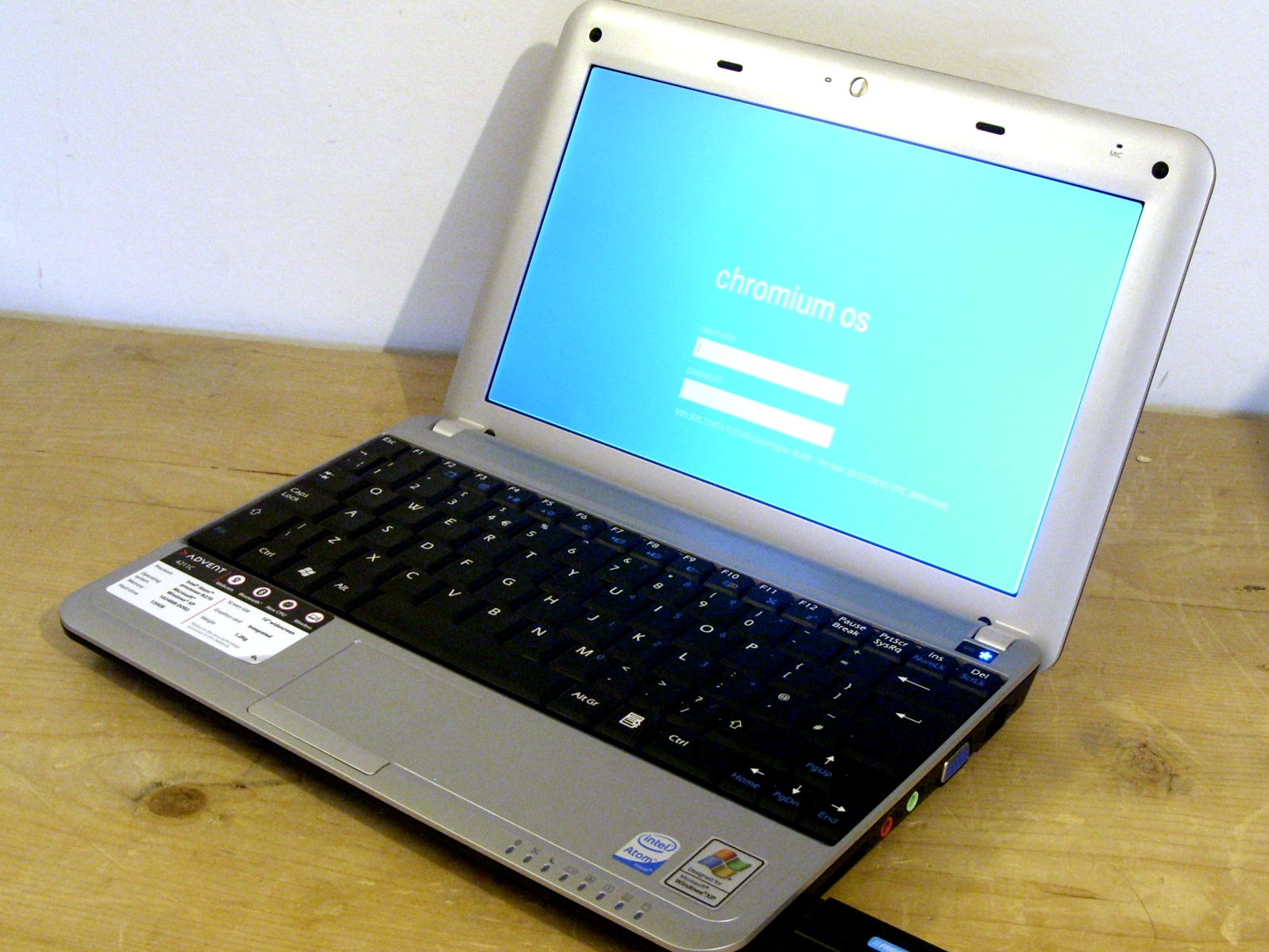
Sign up for breaking news, reviews, opinion, top tech deals, and more.
You are now subscribed
Your newsletter sign-up was successful
Google's Linux-based Chrome OS operating system should be with us by now. But at that point last December when we were led to believe our netbooking futures were about to be redefined, Google postponed our date with destiny and asked us to try again in another six months.
It seemed the road ahead wasn't quite as clear as Google wanted it to be, and six months is presumably enough time for the masters at Menlo Park to fine-tune their revolution and get things back on track.
But that's a tough track to find, and while I obviously want it to be a success, there are three specific challenges that Chrome OS needs to face before I believe it can be a success.
The first is that Chrome has to turn a netbook operating system into something desirable, innovative, shiny and practical. It has to do this in the face of increasingly refined competition, and it has to do this using a foundation of open source software.
Netbooks may be brilliant for getting work done while you're travelling in economy class, but they're an increasingly hard sell in a world full of tablets and touch gestures.
Google did release a prototype version of its operating system, running on devices it calls the CR-48, but from all reports there's very little to tell the operating system apart from the browser, and its limited release to a small group of journalists only adds to Google's unsubstantiated hype.
That brings us to the second problem with Chrome OS. It's going to be a tough sell. Eric Schmidt added to the spin via his blog, with a post a week after the delay:
Sign up for breaking news, reviews, opinion, top tech deals, and more.
"Welcome to the latest chapter of an epic journey in computing. Welcome to Chrome OS." Welcome to what, exactly?
Google's promotional video for the Chrome OS doesn't do it any favours either. It's a video designed to illustrate just how resilient your cloud-stored data is when faced with adversity. It does this by destroying several netbooks with the elemental forces of fire, ice and a single sharp prong, while the video's protagonist attempts to help a friend by creating a flyer for their lost cat.
The trouble is that almost any sane person would be far more concerned about the cost of replacing the netbook than the 30 seconds they've just spent typing up a lost cat leaflet. And that's the best Google can do.
No identity
It seems one of the biggest problems with Chrome isn't a technical one, it's about the product's lack of a distinctive identity. The third problem has been ably highlighted by Richard Stallman.
Stallman is the person behind the free software philosophy and the venerable GNU licence and tools that power (GNU) Linux and most open source projects. It's fair to say that most things involving software and technology worry Richard Stallman, from embedded use of Linux in digital television recorders and wireless routers, to Australian patent legislation, people's freedom to tinker with their own hardware and a rabid dislike for Linux without the GNU prefix.
Never use the term 'open source' in his company, or you'll be run out of the meeting. His zeal can be overbearing, but there's often a vital and important point at the heart of his politics.
In a recent interview with the Guardian newspaper, he expressed disappointment in the way Chrome seems designed for one job only - getting you to use Google's online services:
"The nature of the job Chrome OS is designed to do. Namely, encourage you to keep your data elsewhere, and do your computing elsewhere, instead of doing it in your own computer." Which is why he also calls the concept of using web-based applications like Gmail "worse than stupidity".
I can understand his sentiment, and it's important to reiterate that, ultimately, Google controls more of your data than most of us will ever realise. But Stallman rarely factors in convenience. He's willing to sacrifice all vestiges of this in his quest for freedom, but most people aren't.
What Google needs to do for Chrome is enable people to do things with their hardware that aren't part of a Google product plan, even if that's a simple online store or package manager. All of this would normally sound desperate if it wasn't for the fact that Google has faced these specific challenges before.
In one major example, it's been able to overcome them. Android is an unqualified success - it's the only competitor to Apple's iOS devices, outselling even these in certain markets. Where iOS restricts and renounces, Android embraces and extends.
The platform is open for developers and isn't locked into a single vendor or network. There's massive variation in hardware, and development comes rapidly. Which leaves me with one major question for Google. Why not merge Chrome into Android?